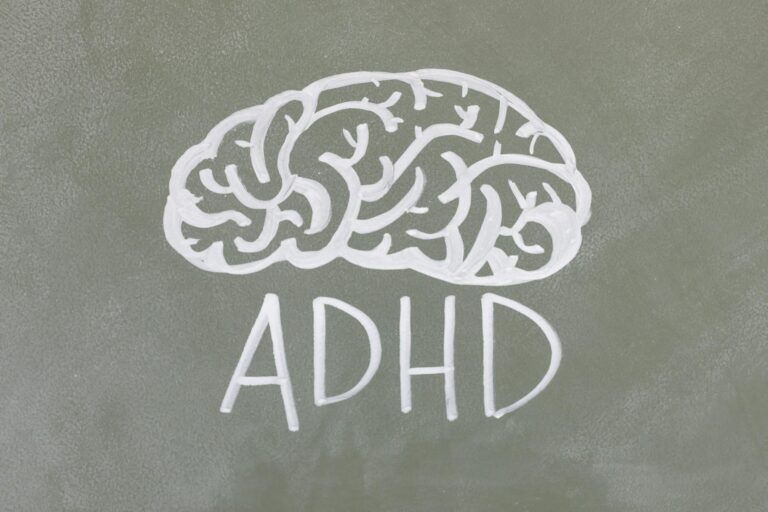Vitamin E, a group of fat-soluble compounds, is widely recognized for its antioxidant properties, which play a crucial role in promoting overall health. Among the numerous benefits attributed to Vitamin E, one of its most intriguing applications lies in its potential to protect brain cells from damage and slow the progression of Alzheimer’s disease, a debilitating neurodegenerative disorder. This article delves into the properties of Vitamin E, its functions in the human body, and the growing body of research linking its antioxidant capabilities to the mitigation of Alzheimer’s disease.

Vitamin E: Properties and Functions
Vitamin E encompasses a family of eight structurally similar compounds, including four tocopherols and four tocotrienols. Alpha-tocopherol is the most biologically active form and is the primary source of Vitamin E in the human diet. Present in various foods such as vegetable oils, nuts, seeds, and green leafy vegetables, Vitamin E plays a significant role in multiple bodily functions, including:
- Antioxidant defense: Vitamin E neutralizes free radicals, which are unstable molecules that can cause oxidative stress, leading to cell damage and an increased risk of chronic diseases.
- Immune function: Vitamin E supports the immune system, helping to ward off infections and maintain overall health.
- Cell signaling: Vitamin E is involved in cell signaling processes that regulate essential functions such as cell division and apoptosis (cell death).
- Cardiovascular health: Vitamin E contributes to the maintenance of healthy blood vessels and the prevention of blood clots, reducing the risk of heart disease.
Vitamin E and Alzheimer’s Disease: A Growing Body of Research
Alzheimer’s disease, the most common form of dementia, is characterized by the progressive deterioration of cognitive abilities, memory loss, and behavioral changes. The exact cause of Alzheimer’s remains unknown, but it is believed to involve the accumulation of amyloid-beta plaques and neurofibrillary tangles, leading to the disruption of brain cell communication and ultimately cell death.
In recent years, a growing body of research has focused on the potential benefits of Vitamin E in Alzheimer’s disease. The antioxidant properties of Vitamin E have shown promise in mitigating the harmful effects of oxidative stress, which is implicated in the pathogenesis of Alzheimer’s. By neutralizing free radicals, Vitamin E may help protect brain cells from damage, potentially slowing the progression of the disease.
Several studies have explored the association between Vitamin E and Alzheimer’s disease. In a notable trial published in the Journal of the American Medical Association (JAMA) in 2014, researchers found that high-dose Vitamin E supplementation (2000 IU/day) significantly slowed the functional decline in patients with mild to moderate Alzheimer’s disease, as compared to placebo. This study highlights the potential benefits of Vitamin E in managing the disease’s progression and improving the quality of life for patients.
However, it is essential to note that research on Vitamin E’s role in Alzheimer’s disease is still ongoing, and further studies are needed to confirm its efficacy and establish optimal dosage and treatment duration. It is crucial to consult with a healthcare professional before beginning any supplementation, as high doses of Vitamin E can have side effects and interact with certain medications.
Incorporating Vitamin E-Rich Foods in Your Diet
To support brain health and maximize the potential benefits of Vitamin E, it is essential to consume a balanced diet that includes Vitamin E-rich foods. Some excellent sources of Vitamin E are:
- Vegetable oils: Sunflower, safflower, and wheat germ oils are among the richest sources of Vitamin E. Olive oil and canola oil are also good options.
- Nuts and seeds: Almonds, hazelnuts, peanuts, sunflower seeds, and pumpkin seeds are not only high in Vitamin E but also provide healthy fats, fiber, and protein.
- Green leafy vegetables: Spinach, kale, Swiss chard, and collard greens are packed with nutrients, including Vitamin E, which can contribute to overall health and brain function.
- Fruits: Avocado, kiwi, and blackberries contain moderate amounts of Vitamin E and offer additional vitamins, minerals, and antioxidants.
- Fortified cereals: Many breakfast cereals are fortified with Vitamin E, providing a convenient way to boost your daily intake.
Although Vitamin E supplementation has shown potential benefits in Alzheimer’s disease, it is important to prioritize obtaining nutrients from whole food sources. A diet rich in a variety of fruits, vegetables, whole grains, lean proteins, and healthy fats will provide not only Vitamin E but also a wide array of other essential nutrients that work synergistically to promote overall health and support brain function.
Future Directions for Alzheimer’s and Dementia and Vitamin E
As the global population continues to age, the prevalence of Alzheimer’s disease and other neurodegenerative disorders is expected to rise, highlighting the importance of preventative measures and effective treatments. Research on the role of Vitamin E and other antioxidants in Alzheimer’s disease will undoubtedly continue to expand, shedding light on their potential benefits and applications in both prevention and management of the disease.
In conclusion, Vitamin E’s antioxidant properties may offer a valuable tool in protecting brain cells from damage and slowing the progression of Alzheimer’s disease. A balanced diet rich in Vitamin E and other antioxidants is essential for overall health and optimal brain function. As we continue to unravel the complexities of Alzheimer’s disease and the potential benefits of Vitamin E, it is crucial to maintain a healthy lifestyle and stay informed about the latest research and developments in this field.





